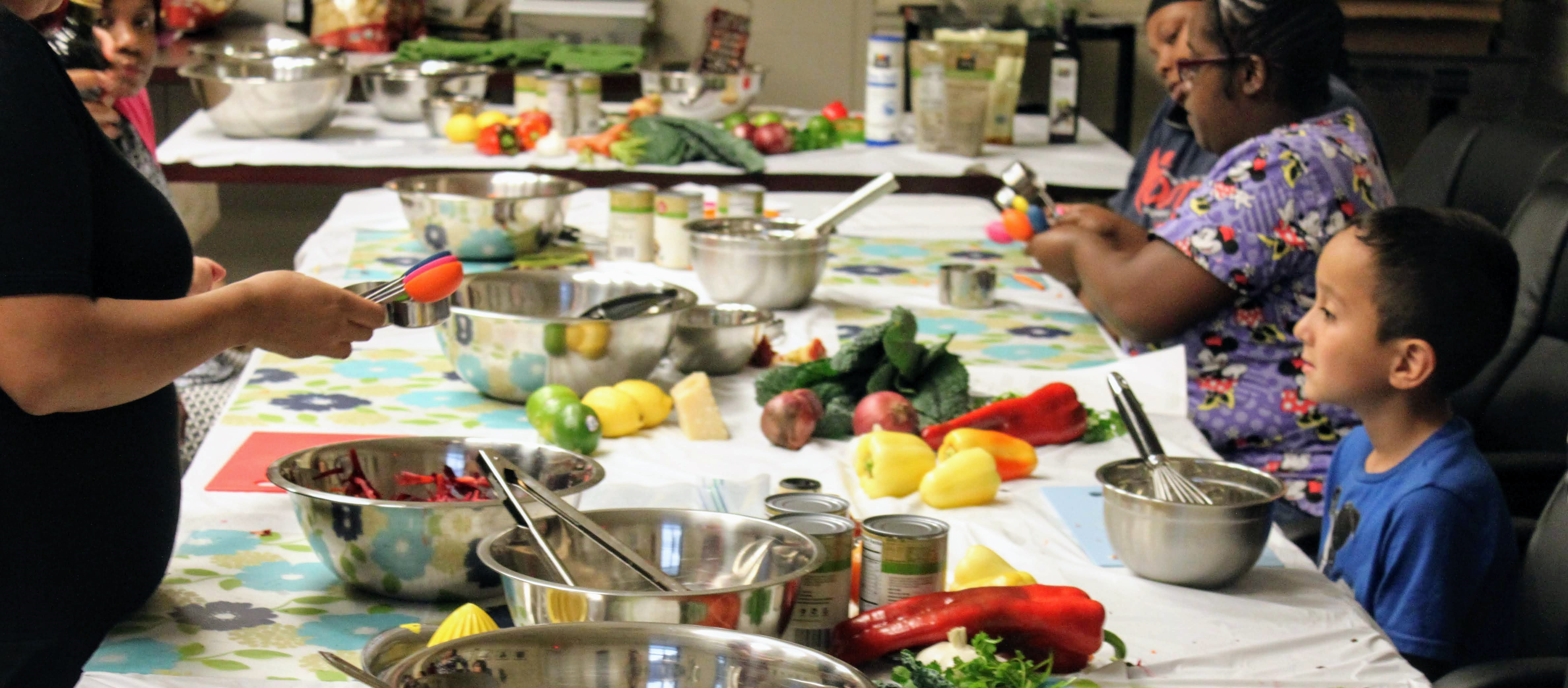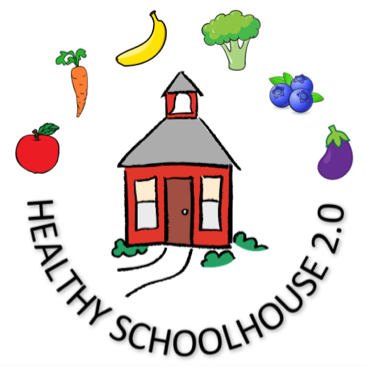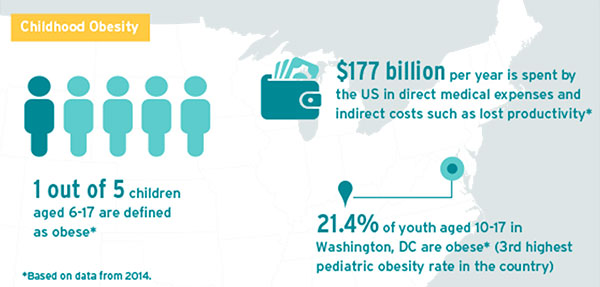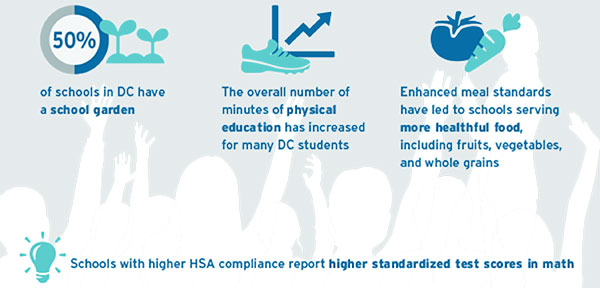Contact Us
Past Projects
Plant-based Meals (2019)
In response to increased interest in plant-based meal offerings, DC Public Schools is seeking to measure consumption of current vegetarian menu offerings and taste test additional vegetarian and plant-based meal offerings in five elementary schools. Based on taste test feedback, the winning menu items will be incorporated into the standard menu offerings and consumption data will be collected again as a comparison. Analysis, evaluation and recommendations will be provided for continuing expansion of menu offerings that achieve the triple aim of responding to consumer interests, increasing student participation in the National School Lunch Program, and improving child nutrition through exposure to foods that are proven to reduce the risk of heart disease, diabetes, obesity, and some cancers.
Common Threads (2018-2020)



